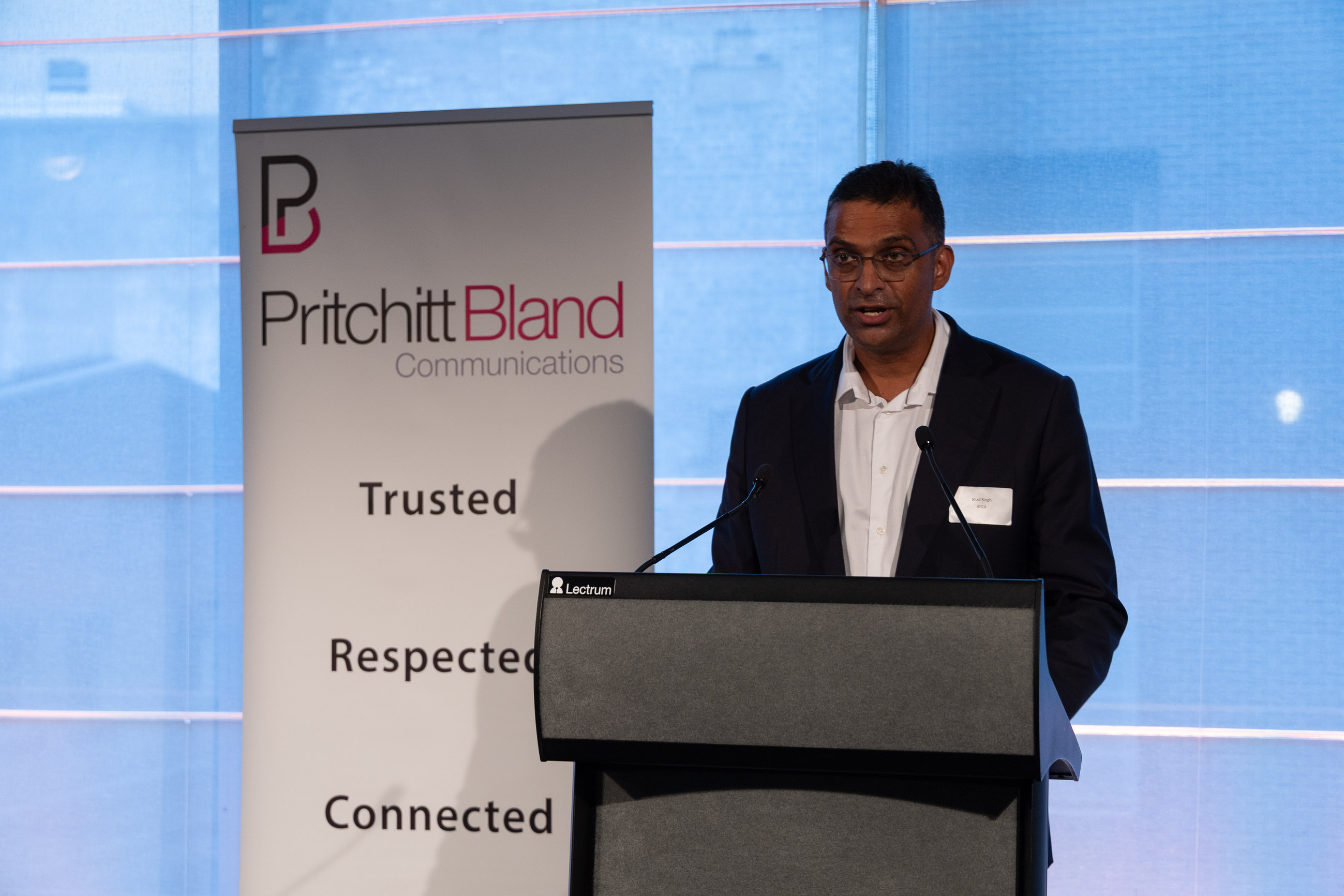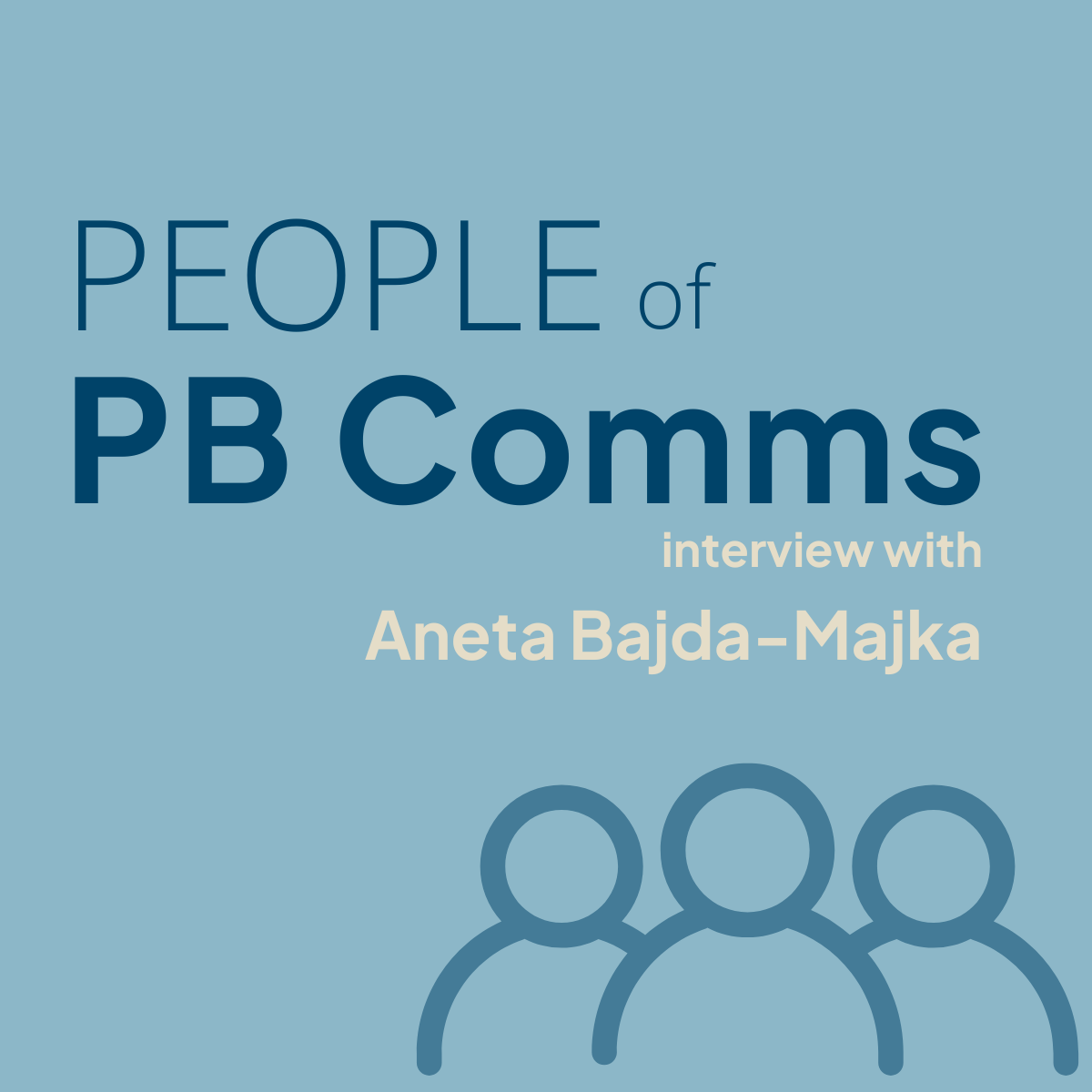I've commented before on the benefits of plain English, but there are always new and painful ways of using the English language being introduced.
A good example is “I’ll reach out to you shortly” which has become the preferred way of saying “will be in touch soon”.
I find it a bit disconcerting when people say they will “reach out” to me. What do they mean? Are they going to phone, text, message, drop in? It’s imprecise, sloppy and lazy.
When anyone says they’re reaching out to me I also wonder if they think I need comforting or rescuing. And how is it that “event” gets attached to so many things like “we can expect a rain event” rather than “it’s going to rain”.
I think there is a combination of reasons for this development. In many cases, the speaker or writer is picking up on trends because they think it makes them sound up-to-date, or simply because it sounds more important. Or perhaps they’re not thinking enough and just doing what everyone else does.
And it is strange really as electronic communications such as texting, encourage brevity and use of pithy language – even symbols rather than words.
So why do spokespeople say “at the present time” instead of “now”?
A recent article in The Australian Financial Review talked about the trend for executives on social media to use hyperbole and humble bragging, among other examples.
Humble bragging is a good description for the posts that start “I was so surprised to be asked to...” “I’m excited to...” or “I’m proud to have…”. We’ve all seen them and I think it tends to diminish the message.
Adding words, misusing them, using “on trend” expressions and relying on jargon is poor communication. They are habits that can create garbled and incomprehensible English, both oral and written. Anyone who does it should stop and think to make sure they are not simply being lazy and not trying hard enough to communicate clearly. It takes focus and effort to get your audience to understand.
Sure, communications must be in language understood by the recipients. Anything is better than using dense management-ese and jargon that doesn’t make sense to audiences not in your circle.
Sometimes I think business speak doesn’t always make sense to the originator either, but they think it sounds impressive or makes them look knowledgeable. Often it sounds more like Boardroom Bingo than a serious attempt to communicate.
The AFR used a real-life example from a company circular: “Yesterday I attended our Transformation Realised Unpacked Delivery and Case Study Virtual Classroom.” Whatever that was.



















